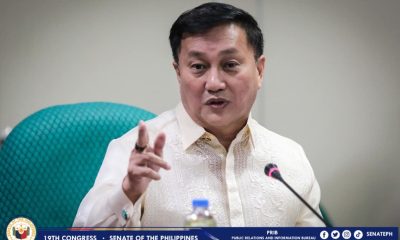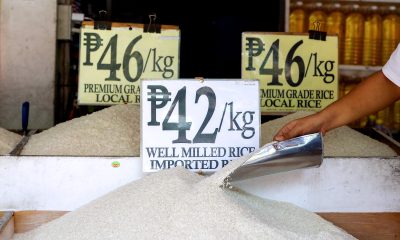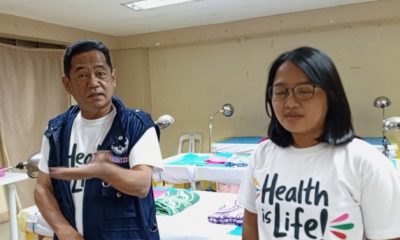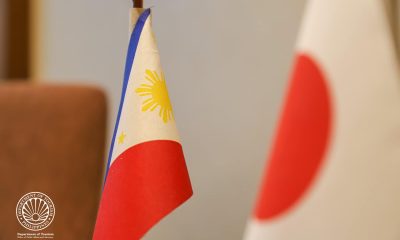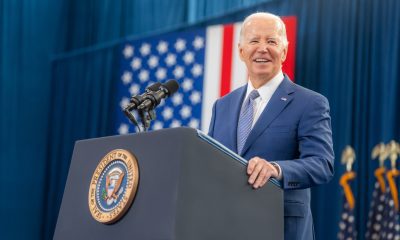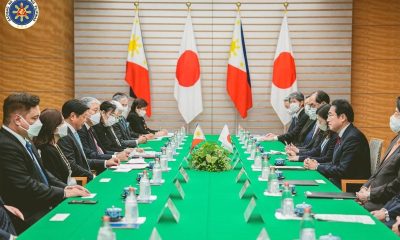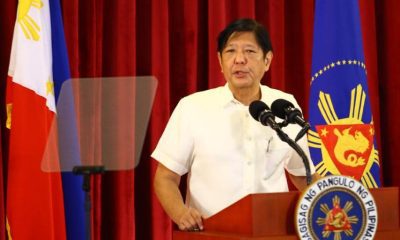News
Southeast Asian leaders gather for first Australia summit

The leaders of the Association of Southeast Asian Nations, or ASEAN, rarely meet outside their 10 member nations and the weekend summit in Sydney has caught the attention of protesters angered by human rights abuses in Southeast Asia.(Pixabay photo)
CANBERRA, Australia – Southeast Asian leaders started gathering Friday for their first summit in Australia as the regional neighbours look for closer economic and security links and the host prime minister warned against trade protectionism.
The leaders of the Association of Southeast Asian Nations, or ASEAN, rarely meet outside their 10 member nations and the weekend summit in Sydney has caught the attention of protesters angered by human rights abuses in Southeast Asia.
Prime Minister Malcolm Turnbull has been criticized for welcoming some of the leaders to his hometown, including Myanmar leader Aung San Suu Kyi and Cambodian Prime Minister Hun Sen, who have been singled out by protesters. But Turnbull is looking at ASEAN for its potential to drive free trade in the Indo-Pacific region in a way that the major economies, the United States and China, cannot without creating suspicion and division.
The dual themes of the Sydney summit are security and prosperity, with the threat to both posed by North Korea high on the agenda.
“Open markets, together with democracy, have been two of the most powerful forces in human history and they’ve led to worldwide growth and prosperity,” Turnbull told a business forum in Sydney on Friday. “We must face the world, not turn from it; embrace free trade, not retreat from it,” he added.
U.S. President Donald Trump sparked fears of a global trade war with his recent move to slap tariffs on imported steel and aluminum. Earlier this month, Turnbull said Trump had agreed to exempt Australian steel and aluminum from the new tariffs.
Singapore Prime Minister Lee Hsien Loong, the chairman of ASEAN this year, said he feared U.S. moves to protect domestic industries put countries “under pressure to retaliate.”
“If trust is broken and tit-for-tat trade wars break out, all countries, big or small, will suffer,” Lee told The Straits Times newspaper.
Trump has frustrated Australia’s free trade ambitions by withdrawing the United States from the Trans-Pacific Partnership. Turnbull used a visit to Washington in February to urge the United States to rejoin the trade pact and to speak against a growing sentiment of isolation in America.
Four ASEAN countries – Brunei, Malaysia, Singapore and Vietnam – are among the 11 who have signed up to the Trans-Pacific Partnership.
ASEAN also offers Australia a different route to the goal of an Indo-Pacific free trade agreement through the proposed Regional Comprehensive Economic Partnership. The partnership would group ASEAN with six countries with which it already has free trade deals: Australia, China, India, Japan, South Korea and New Zealand.
Lee told reporters he had agreed in talks with Turnbull on Friday that the partnership should be negotiated by this year.
Australia’s enhanced engagement with ASEAN is part of a strategy to look beyond the United States to seek frameworks to bolster security, stability and prosperity in the region, said John Blaxland, director of the Australian National University Southeast Asia Institute.
Such moves give “due deference to the United States, but it implicitly recognizes that the United States isn’t as big a player and reliable player as perhaps it once was,” Blaxland said.
Stronger ties with ASEAN come with their own pitfalls, however, including the need to strike a balance between seeking greater economic co-operation and pushing for social reforms in a region rife with authoritarian governments.
Human Rights Watch said most ASEAN governments deny their citizens basic liberties and fundamental freedoms. The New York-based rights group wants human rights on the agenda in Sydney.
“Australia’s failure to publicly raise human rights concerns at the summit would not only provide a propaganda coup to ASEAN’s most abusive leaders, it would embolden all the region’s leaders contemplating major crackdowns, jailing journalists, or dismantling democratic institutions,” Human Rights Watch Australian director Elaine Pearson said in a statement.
Yet criticism is something Southeast Asian leaders bristle at, and ASEAN itself works on the core principle that member nation’s won’t interfere in one another’s internal affairs.
Hun Sen, Cambodia’s long-serving leader who had a court dissolve the main opposition party last year, has threatened to hunt down and beat anyone who demonstrates against him in Sydney. While Philippines President Rodrigo Duterte, who has angered rights advocates with a crackdown on illegal drugs that has left thousands of mostly poor suspects dead since he took power in 2016, is expected to skip the summit altogether.
Suu Kyi, a Nobel Peace Prize laureate who has been heavily criticized for failing to take a stand against military abuses against the Rohingya Muslim minority, is expected stay on after the summit to visit the capital next week for an official state visit.
Amnesty International has accused ASEAN of being “shamefully silent” on Myanmar’s campaign to drive out Rohingyas.
Turnbull told reporters he would discuss the Rohingya with Suu Kyi when they meet. Australia had a “frank engagement” with ASEAN countries that covered a range of issues including human rights, Turnbull said.
—
This story has been updated to correct the theme of the summit.


